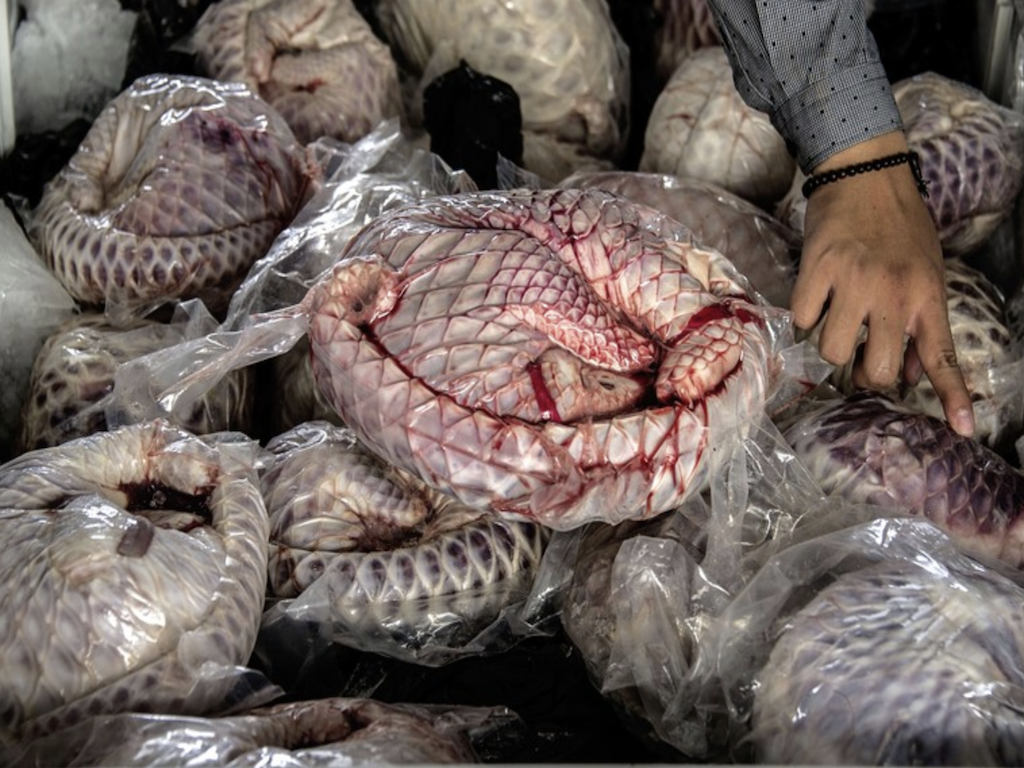2 Mins Read
Wuhan, the city at the epicentre of the initial coronavirus outbreak, has confirmed the ban on the trade and consumption of wild animals, following the central government’s move earlier this year to crack down on the lucrative industry. Conservationists have welcomed the move, but point out that the law will continue to exempt wild animals reared for medicine, fur and entertainment.
The city of Wuhan has just prohibited the trade, hunting, breeding and consumption of wild animals, a reaffirmation of the central government’s permanent shutdown of the country’s US$74 billion wildlife industry earlier in February. Most scientific researchers believe that the coronavirus, a zoonotic disease, passed from bats to an intermediary host wild animal before spreading to humans.
“Online trading platforms, commercial markets, agricultural markets and restaurants, as well as transport and logistics companies shall not supply venues or services for wildlife consumption,” the city government announced on its website.
Read: How are wet markets different from wildlife markets?
Neighbouring cities Hunan and Jianxi also announced restrictions on the wildlife industry by offering one-off payments to exotic animal farmers for current stock to be released back into the wild or otherwise “disposing” of them. Breeders of 14 kinds of wild animals including civet cats, bamboo rats, guinea pigs and snakes will be included in the policy.
Earlier in April, Shenzhen also published plans to ban the eating of wild animals, dogs and cats.
However, there are “pre-approved” exemptions from both the nationwide and local bans, including the fur trade, and wild animals reared for medicinal purposes, entertainment such as zoos and wildlife parks, scientific research and “population regulation”.
Zhou Hai-xiang of environmental protection group Chinese National Committee for Man and Biosphere told the SCMP that these exemptions for fur farms and zoos prove that the laws do not go far enough.
“The bans are on wildlife consumption, but from an ecological point of view, we should ban all commercial use of wild animals,” Zhou said.
Since China enacted the permanent wildlife ban, several other contradictory policies have emerged, revealing the loopholes that will keep the wild animal trade alive. China’s National Health Commission, for instance, approved the use of bear bile as a traditional Chinese treatment for coronavirus patients. Bear bile is a digestive substance drained from live bears held in captivity, but the synthetic form of the medicinal acid has been widely available for years.
Though the law states that the sale of wild animals can no longer occur through online trading platforms, the existing exemption for “pre-approved” has brought practical difficulties for e-commerce companies and delivery operators to comply. Wildlife products that are falsely advertised for traditional medicinal uses online often slip through the net.
Read our earlier news coverage of Covid-19 here & more news on animal rights here.
Lead image courtesy of Getty Images.




